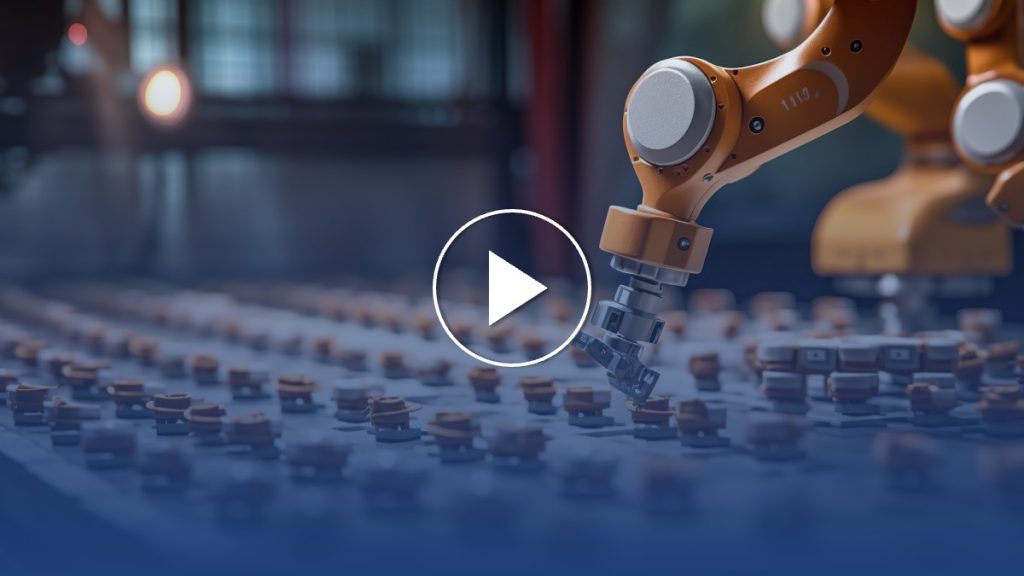The Pivotal Role of Sensory Intelligence in Modern Manufacturing
At Automate 2024 in Chicago, the convergence of robotics expertise and industrial innovation showcases the transformative potential of advanced tactile technologies in manufacturing. Companies at the forefront are not just evolving; they are fundamentally changing how robots interact with their environments, heralding a new era of efficiency and safety.
Innovating Beyond Simple Navigation
Modern robotics transcends the traditional approach of moving from point A to point B based solely on coordinates. Today’s innovative machines integrate dynamic interaction capabilities, allowing them to adjust their paths or actions in response to obstacles. This shift from static to interactive robotics enhances the adaptability and utility of machines in complex manufacturing environments.
Global Impact from Local Origins
Originating from the robotics labs of ETH Zurich, leading technologies in torque sensing began with enhancing the balance and functionality of legged robots. These advancements have since expanded globally, with pivotal applications in European and North American markets. Such technologies are now integral to sophisticated robotics systems, proving crucial in various industrial applications.
Transforming Industry Practices
Advanced sensory technologies play a critical role in industries where precision and safety are paramount, such as automotive and boat manufacturing. Tasks like polishing and sanding, traditionally performed manually, expose workers to potential hazards and inconsistencies. Robotics equipped with enhanced sensory intelligence can perform these tasks with higher consistency and safety, reducing workplace hazards and improving product quality.
The Future of Sensory Intelligence
The integration of sensors capable of measuring forces in all six degrees of freedom is a breakthrough in robotic technology. These sensors provide robots with a nuanced understanding of force, enabling precise adjustments crucial for detailed tasks. Such capabilities make robots not only tools of labor but partners in craftsmanship, capable of executing complex tasks with finesse.
AI and High-Quality Data
The quality of data is paramount in the realm of artificial intelligence. The advancement in robotic sensors ensures that AI models receive high-quality and reliable data, which is essential for effective training and operation. This synergy between AI and robotics is crafting more dynamic and intelligent systems capable of addressing a broader range of industrial challenges.
As robotics continue to integrate more sophisticated sensory and artificial intelligence capabilities, the landscape of manufacturing and industrial operations is set to transform dramatically. The ongoing evolution promises enhanced operational efficiency and a safer, more creative workplace in the industries that stand to benefit the most. For more insights, watch the video interview with Klajd Lika, CEO & Co-Founder Bota Systems.
The interview was recorded by Greg Orloff from IIoT World during the Automate 2024 show in Chicago. This summary was created based on the video transcript with the assistance of https://chat.openai.com. It was edited by the IIoT World team.
